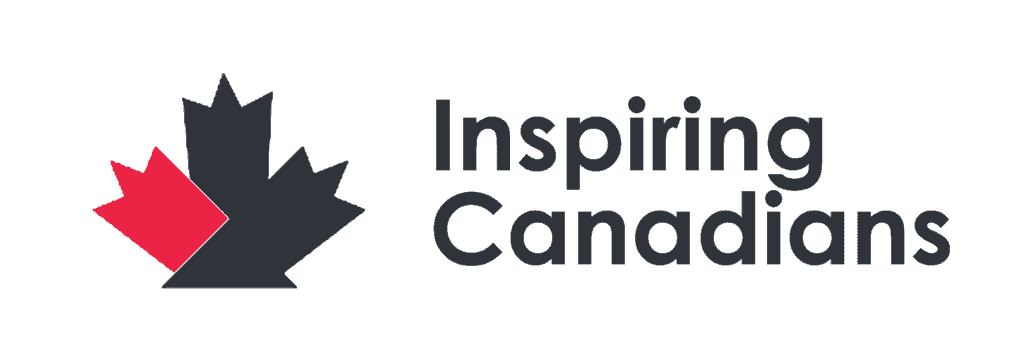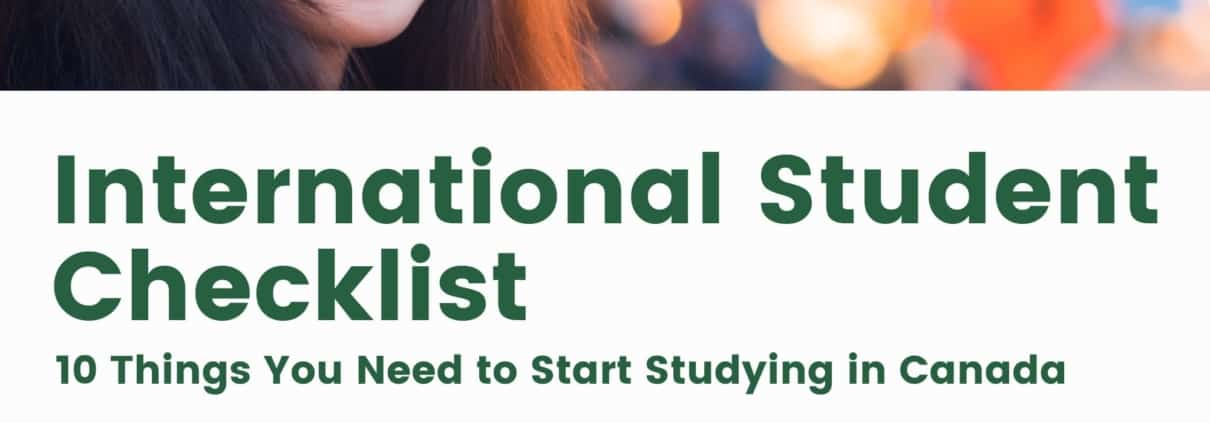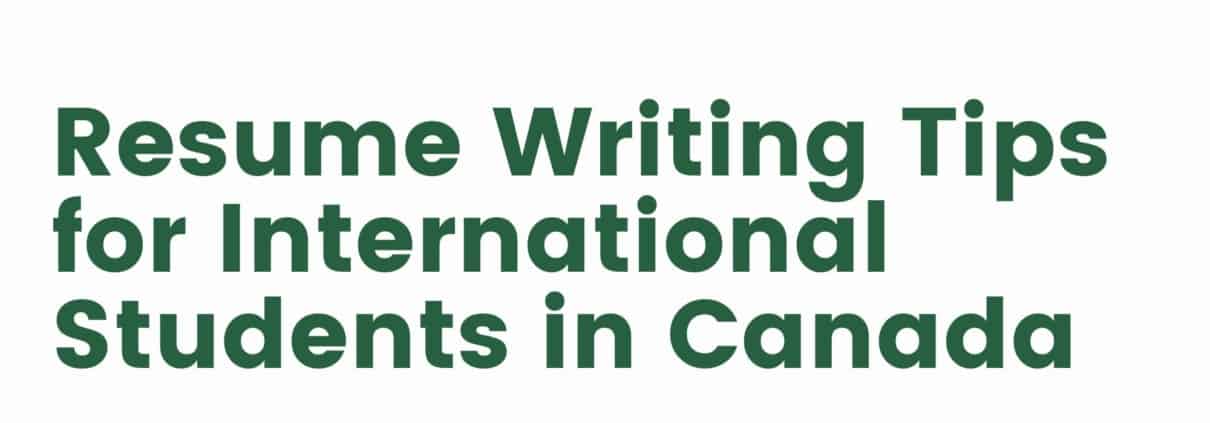
Are you a foreign student considering pursuing your education in Canada? It can be both thrilling and intimidating to pursue higher education abroad. To ensure that you make the most of your time, it’s important to have all the essentials lined up before setting off on this new adventure. With our checklist, you’ll be able to cover all of your bases as you prepare for study in Canada: from visas and documents to learning about safety and healthcare regulations! Keep reading – we’ll provide comprehensive guidance so that by the end of this post, you’re ready for a smooth transition into life as an international student in Canada!
International Student Checklist: 10 Things You Need to Start Studying in Canada
As an international student preparing to study in Canada, there are many steps to take. Here are 10 crucial factors to take into account while making travel arrangements:
- Your Passport
- A Financial Plan
- Visa and Immigration Requirements
- Finding Housing
- Applying for Scholarships and Financial Aid
- Organizing Your Travel Plans
- Choosing a Program and Institution
- Selecting a Health Insurance Plan
- Managing Your Budget
- Winter Gear
Your Passport
In order to study in Canada, you must have a valid passport. Additionally, it’s crucial that your passport is still valid for at least six months after the day you intend to enter Canada. Make sure that you have at least two blank pages in your passport for any necessary visa stamps. It’s also a good idea to make several copies of your passport and travel documents and keep them in a secure location.
A Financial Plan
It’s essential to create a financial plan before you leave home. Ensure that you have enough cash on hand to pay for your tuition, living expenses, and travel expenditures. When creating your budget, you should also consider the added expense of international banking fees and currency exchange fees. Additionally, you ought to think about requesting financial aid and scholarships from the college you intend to attend.
Visa and Immigration Requirements
You will need a valid study permit in order to attend any college or university in Canada. Make sure to research the application process as soon as possible so that you can apply for your visa in plenty of time. Additionally, check if there are any other immigration requirements that you need to fulfil before entering Canada. It’s also important to keep in mind that visa requirements may change depending on the country you come from.
Finding Housing
The accommodation cost will vary depending on where you decide to study in Canada. Research housing options in the area where you plan to attend school so that you can consider any associated fees. You may also want to consider renting a room in a private home or participating in a student housing program. Moreover, many universities and colleges offer affordable housing options for international students. Check out the possibilities that are available.
Applying for Scholarships and Financial Aid
Even if you are an international student, you can still apply for scholarships and financial help. Do your research on the possibilities that are accessible, and don’t forget to submit your applications on time! Further, check with your school to see if they offer any additional support for international students. It’s also important to consider any implications that you may need to meet for tax purposes.
Organizing Your Travel Plans
It’s important to plan ahead when organizing your travel arrangements to Canada. Do your research beforehand to find out what documents you need as well as airline ticket prices from your country of origin. If possible, try and book flights during off-peak times to get the best prices. Additionally, be sure to plan transportation from the airport to your lodging in advance. It’s also a good idea to consider booking any necessary travel insurance.
Choosing a Program and Institution
Do your research before choosing which program and institution to attend in Canada. When comparing programs, consider factors such as curriculum, fees, location, student services, and available support systems. It’s also important to ensure that the Canadian government recognizes your chosen institution. Also, keep in mind that a diploma or degree from a Canadian college or university is globally recognized and appreciated.

Selecting a Health Insurance Plan
While studying in Canada, it’s crucial for international students to have health insurance. Look into government-sponsored plans or private insurers so that you can select one that covers all of your needs. It’s also important to research which medical services and medications are covered in your plan. Also, make sure to note any possible waiting periods. It’s also a good idea to familiarize yourself with your area’s different hospitals and healthcare centres.
Managing Your Budget
Setting and following a budget is crucial when living abroad. Make sure that you plan ahead and prioritize your expenses so that you’re able to manage your finances effectively while in Canada. Moreover, using an app or budgeting tool can help you keep track of your expenses and stay within your means. It can also be helpful to open a Canadian bank account if you plan to stay for a longer period of time.
Winter Gear
Depending on where you plan to study in Canada, it’s important to prepare for the cold weather. Investing in some warm winter clothing and accessories will help you stay comfortable during the colder months of your studies. It’s also important to research what type of footwear is appropriate for the weather in your area. Also, consider investing in winter tires for your car if you plan on driving during the winter.
By following these 10 steps when planning for your time abroad, you can be sure that everything is in order before leaving home.

Bottom Line
Moving to a foreign country for an extended period of time can be both exciting and daunting. With the right preparation, however, the process can be much smoother. By using this checklist and doing your research, you can be sure that you’ve taken all the necessary steps for a successful study abroad experience in Canada.







 Are you new to Canada and studying at a Canadian institution? Or are you about to embark on your studies here? If so, you should read these top tips! These tips will help make your transition smoother and help you get the most out of your Canadian education. Moreover, they’ll also make it easier for you to adjust to life in Canada and explore its rich culture.
Are you new to Canada and studying at a Canadian institution? Or are you about to embark on your studies here? If so, you should read these top tips! These tips will help make your transition smoother and help you get the most out of your Canadian education. Moreover, they’ll also make it easier for you to adjust to life in Canada and explore its rich culture.
 Are you an entrepreneur looking for business ideas?
Are you an entrepreneur looking for business ideas?




